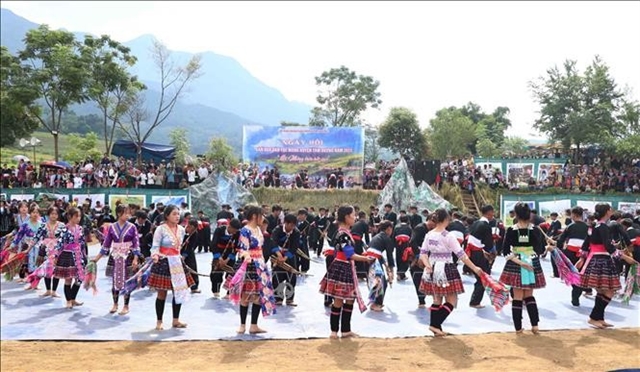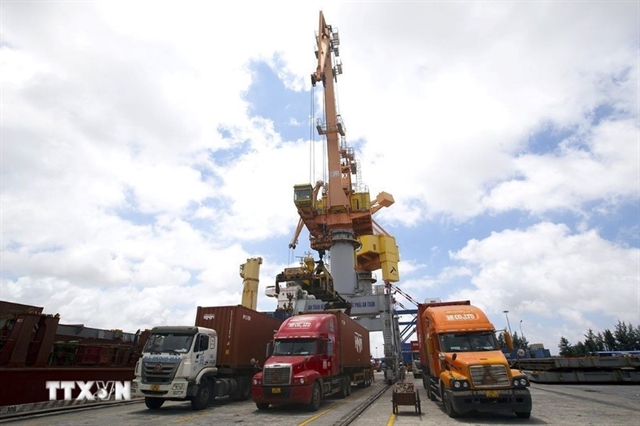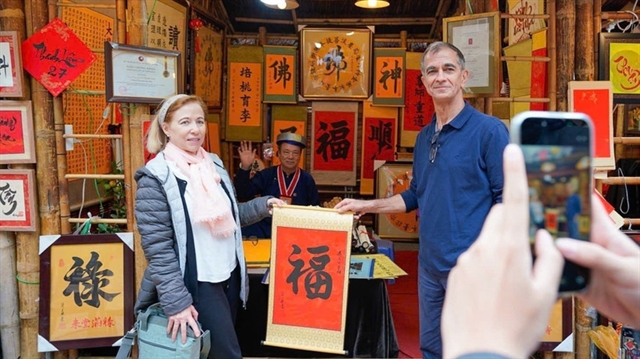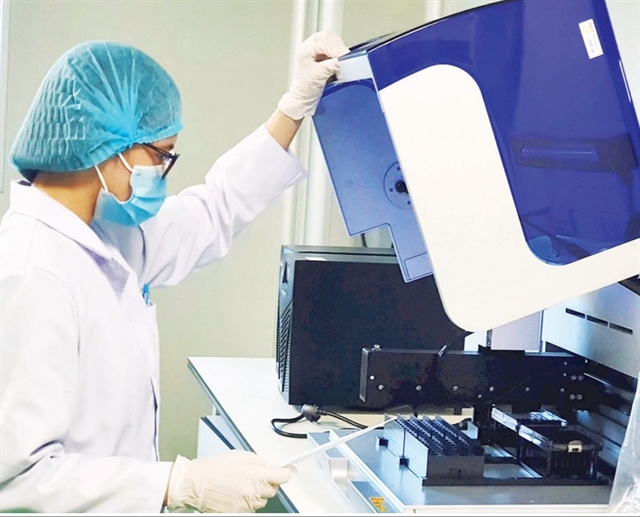 Society
Society

Tonnes of poultry are illegally traded and slaughtered daily in Hà Nội’s markets raising public concern over the spread of avian influenza in the capital.
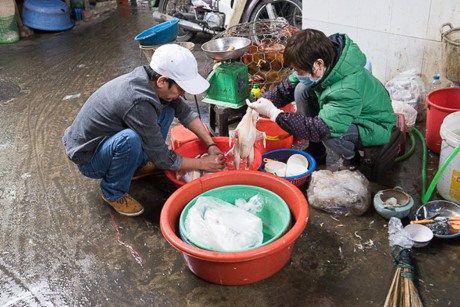 |
| Tonnes of poultry are illegally traded and slaughtered daily in Hà Nội’s markets raising public concern over the spread of avian influenza in the capital. — Photo vipa.org.vn |
HÀ NỘI – Tonnes of poultry are illegally traded and slaughtered daily in Hà Nội’s markets raising public concern over the spread of avian influenza in the capital.
The Animal Health Department under the Ministry of Agriculture and Rural Development said despite avian flu has not been so far recorded in the city, there was a risk of infection, especially when outbreaks were reported in neighbouring provinces of Nam Định and Bắc Ninh.
Moreover, the department said that between 1 and 7 per cent of healthy poultry carry the A/H5N1 and A/H5N6 virus. Temporary markets were one of the places prone to spread of the virus.
Bùi Đắc Hải, deputy head of the Station for Animal Health in Chương Mỹ District, said the slaughtering in the markets certainly did not effectively prevent the spread of epidemic.
The station has regularly inspected poultry sellers and reminded them of the risk of disease outbreaks. However, he said, it was necessary to get help from the city’s authorised agencies to make the supervision effective.
At Thạch Bích temporary market on National Highway 21B in Thanh Oai District, some 10 households sell live poultry and some even slaughter the fowl on the spot to serve customer requests.
A poultry seller identified only as Thanh spoke to Kinh tế và Đô thị (Economics and Urban) newspaper, saying that although the demand for ducks and chicken has dropped due to concern over avian flu, which has appeared in other parts of Việt Nam, she could sell about 50 chickens and ducks per day.
"I mainly buy and resell chickens, ducks sold in wholesale markets, so consumers need not worry about sick poultry," she said.
In Chúc Sơn market in Chương Mỹ District a separate area has been allocated for poultry trading, but it has failed to meet safety and hygiene regulations. The area was dirty. Chickens and ducks were locked in a large cage. One pot of boiling water was used for slaughtering all the poultry, and slaughters did not wear gloves.
Hạnh, a poultry seller, said she does not wear gloves when slaughtering poultry. She admitted that sometimes her poultry, as well as other sellers’, were sick. Most were purchased in nearby markets, such as Gốt Market in Đông Sơn Village and Gốm Market in Hữu Văn Commune, she added.
Currently, there are more than 400 markets in the city, including two major markets for poultry - Hà Vỹ in Thường Tín District and Bắc Thăng Long in Đông Anh. In Hà Vỹ market alone, 15-17 tonnes of live poultry are transported from other provinces to the market every day.
Nguyễn Ngọc Sơn, deputy director of the city’s Sub-department of Animal Health, admitted that authorised agencies, local authorities and animal health forces are unable to curb all the slaughtering in local markets because many traders operate on a small scale and move continously to avoid inspectors.
In addition, the fines for violators of between VNĐ2-3 million were light and the enforcement was lax.
Sơn said the sub-department has asked the districts’ veterinary stations to focus more closely on the prevention of bird flu. It has encouraged people to immediately notify the markets’ management boards of poultry without clear orgin transported into their localities.
The sub-department also organise disinfection of the markets.
He added that the Ministry of Industry and Trade is collecting opinions on its draft regulations on food markets. Trading in live cattle and poultry, and slaughtering activities in the markets, would be banned completely under the new regulations. – VNS

